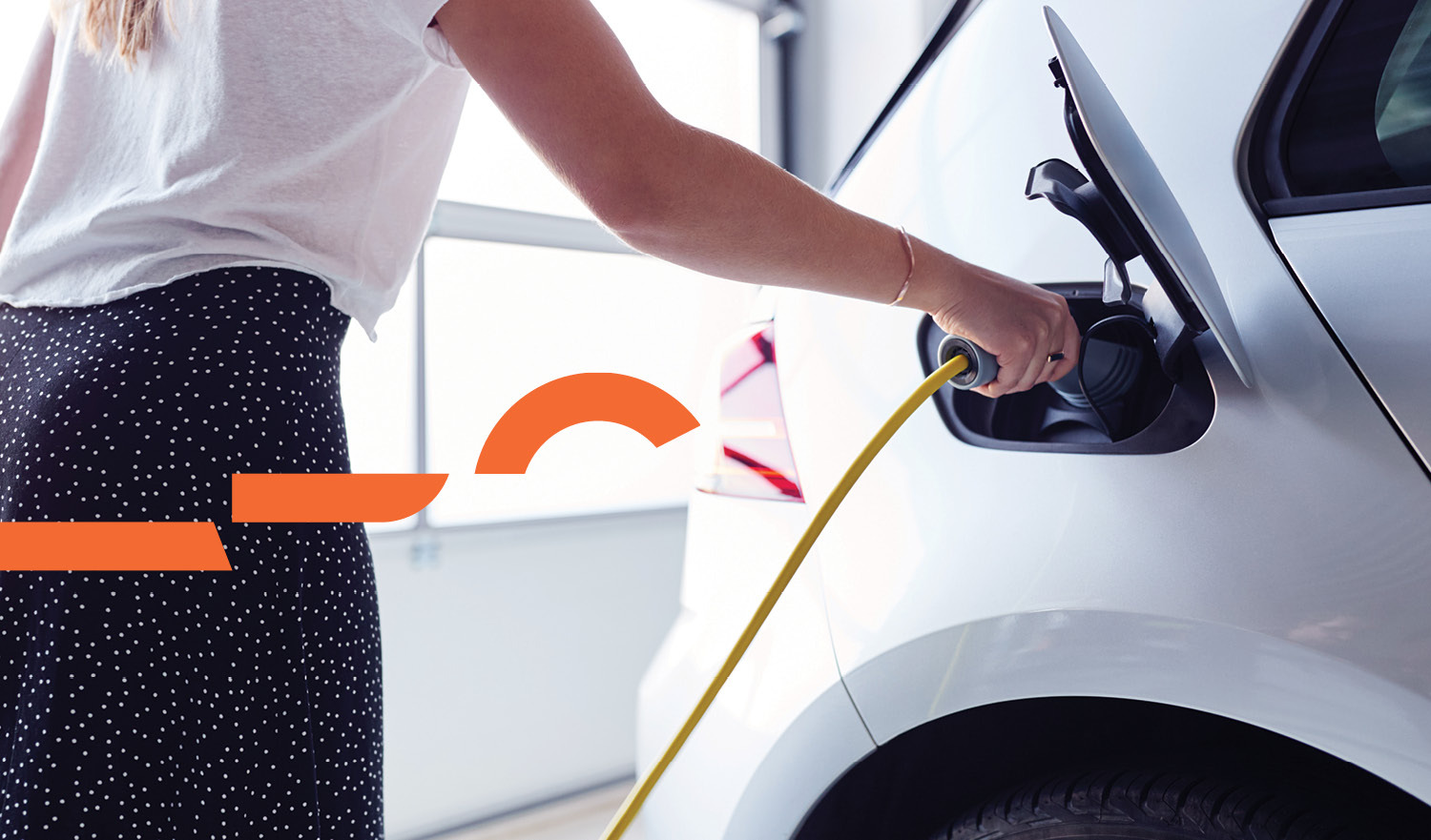Electric vehicles vs petrol or diesel cars
As electric vehicle (EV) technology improves, more and more people are choosing them when the time comes to replace their current car – and there are a lot of reasons to do so:
- Save money: Charging an EV is much cheaper than filling it with petrol, and because they don’t have an engine, they’re also cheaper to maintain as they don’t require the same kind of servicing.
- Charge flexibly: Charging at home is more convenient than refilling a fuel tank. You can charge your EV at your convenience, whether at home or on the road.
- No noise: Electric vehicles operate quietly, eliminating noise pollution and creating a more peaceful driving experience.
- Reduced carbon footprint: By choosing electric vehicles, you're directly reducing greenhouse gas emissions, playing a role in combatting climate change. You can reduce your carbon footprint further by charging with 100% renewable energy.
- Instant torque: Electric vehicles accelerate instantly when you put your foot down – it’s an exhilarating driving experience.
The benefits of getting an electric vehicle charger at home
- Quicker charging: A dedicated EV charger can charge a car up to 3x faster than a standard power outlet.
- Save money: Charging an electric vehicle at home is generally cheaper than relying on public charging stations, especially when using solar power.
- Increased convenience: Set your car to charge when it suits you, for example using solar power during the day or overnight during off-peak times.
How to transition to an electric vehicle
If you’re considering buying an EV, here are the steps to take:
- Assess: Take note of your daily driving patterns, how far you drive and where you would charge it. For most people, charging at home will be enough for daily driving.
- Choose a model: Choose an EV that aligns with your preferences, considering factors such as range, features, size, charging capabilities and your budget.
- Find charging solutions: Explore charging station availability in your area and consider installing a home charging option for convenience and to charge faster than a normal power point.
